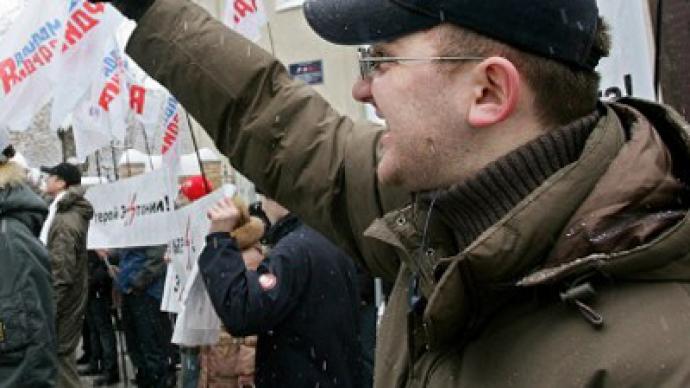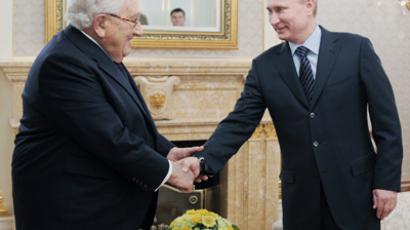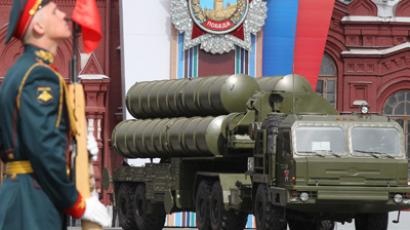Bite your tongue: Russians wearying of Western criticism

The next time you want to slam Russia, consider this: according to the results from a national poll, Russians are increasingly opposed to outside (Read: Western) disapproval of their internal situation.
The Levada Center, a polling agency, released data on a nationwide survey taken in February that shows a marked trend toward domestic opposition to outside criticism – from the West in general, and the United States in particular.The percentage of Russians who believe that Moscow should stop paying attention to criticism from the West has surged five percentage points in the last two years, jumping from 45 per cent in 2010 to 50 per cent this year.In 2007, just 38 per cent of Russians reported similar sentiments toward the West.Researchers from the polling organization said the majority of interviewees (40 percent) are of the opinion that the West regards Russia as a competitor and is thus attempting to weaken the country; another 29 per cent of respondents believe that Westerners generally have a poor understanding of Russian life and therefore are more prone to criticize it. Still others (26 per cent) say the West criticizes Russia because the former has an inherently unfriendly attitude to the country.As to what stance Russia's leadership should take in light of this western tongue-lashing, 39 per cent of those polled believe Russia should keep a greater distance from the United States; another category of the respondents (34 per cent) felt that the present relationship with the United States should be preserved; 15 per cent are of the opinion that relations between the former Cold War rivals should become even closer.Concerning the overall condition of Russia-US relations, 10 per cent of the respondents described the relations as good or friendly; 32 per cent said they were normal; 26 per cent, lukewarm; 21 per cent, tense and 4 per cent, hostile.According to the Levada Center, in the past two years alone, the percentage of Russians who hold a negative attitude toward the United States jumped six percentage points, to 45 per cent.Meanwhile, the attitude on the Russian street to the nature of relations between NATO and Russia is also witnessing a rather dramatic change.One year ago, 5 per cent of Russians polled said that Russia should seek membership in the western military alliance. Today, that figure stands on shaky ground at just 3 per cent. At the same time, the number of supporters of Russia-NATO cooperation in the interests of common security shrunk from 29 per cent to 26 per cent, while the number of those calling to counter NATO expansion by forming defense unions has increased from 21 per cent to 23 per cent.Finally, 36 per cent of those polled leaned toward a more isolationist defense strategy, saying Russia should refrain from joining any military alliances, an increase of 5 percentage points in over a year’s time.The Levada Center is an independent, non-governmental polling and sociological research organization, named after its founder, the first Russian professor of sociology, Yuri Levada (1930-2006).Robert Bridge, RT














